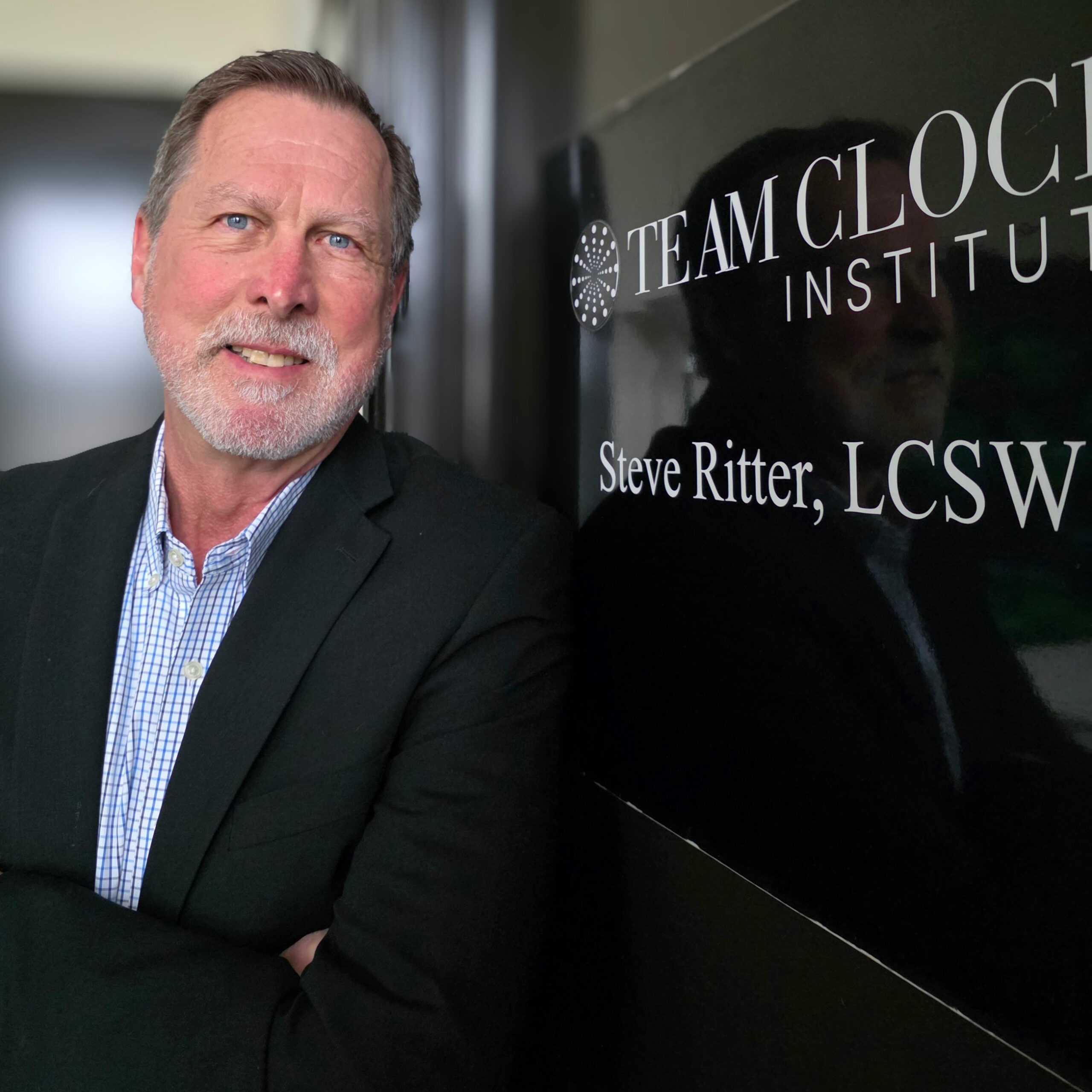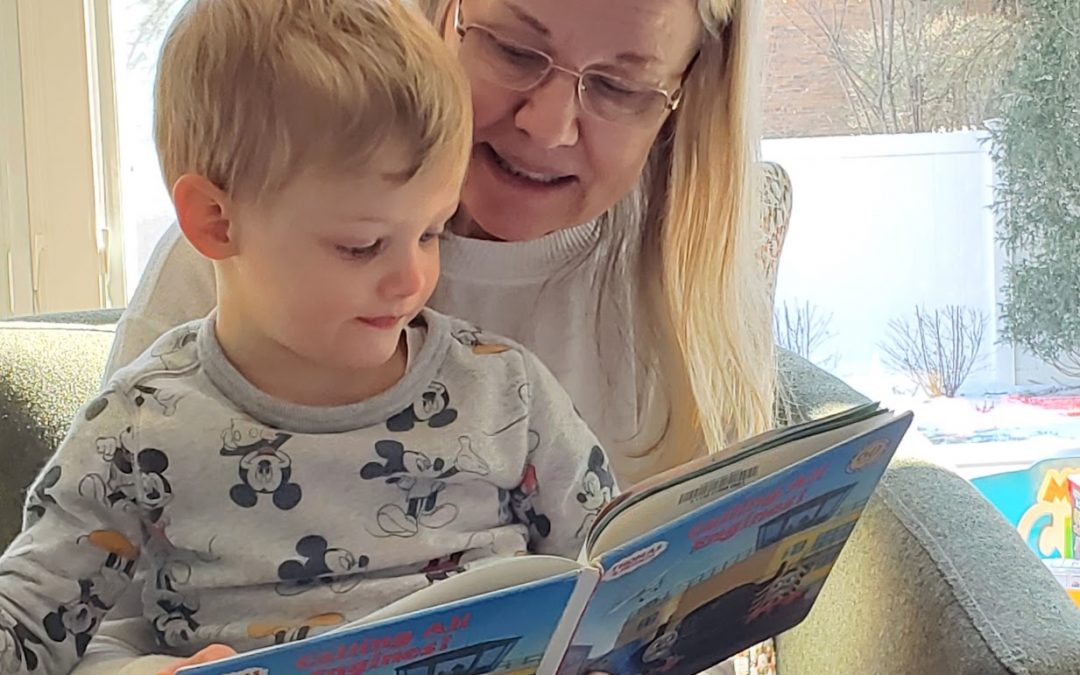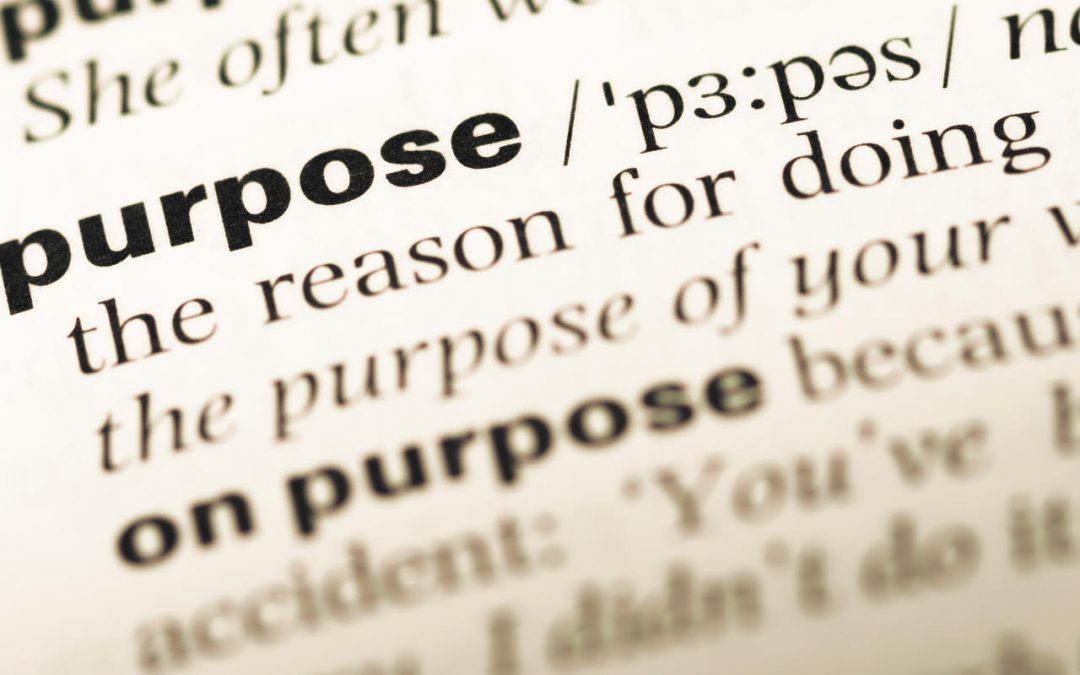
Please Sweat the Big Stuff
“Don’t sweat the small stuff” is valuable advice. It’s easy to get worked up over little things when stress is mounting. Not sweating the small stuff requires some kind of reset of perspective. But there are two caveats: timing is everything, and the scale is subjective. You have to realize it’s just not that important in the grand scheme of things to avoid ‘overreacting.’
Overreactions are only overreactions after the recognition that they’re out of proportion. Until that moment, the emotions seem scaled to fit the moment. Telling someone to settle down in the midst of their tantrum is only likely to escalate the tension. Yet, there are precisely four situations when a dramatic emotional response is called for. In order of increasing importance, they are respect, trust, health, and safety.
When any of these four are violated, it’s time to pull the ripcord. The reason is simple. What follows an underreaction to them is harmful. More importantly, they are interdependent. A breach of any of the four affects the others. What’s more, if you allow respect, trust, health, or safety violations to go unchecked, there’s a risk of sanctioning the tolerance. Let’s go through them one by one.
Respect
The way people should treat each other is modeled first in the home. Kids observe their caregivers like squeezed sponges near puddles as they soak in childhood lessons. In the mind of a child, whatever they experience is ‘normal.’ So, if dad treats mom like dirt, that’s the way dads are supposed to treat moms. Families are wise to call some kind of a time-out when anyone says or does anything to anyone that is disrespectful. Once the interaction has been frozen in time, make sure everyone knows what the expectations will be moving forward. Then, make sure to behave consistently with this stance in the exchanges that follow.
Trust
Over time, parents put themselves out of a job by empowering their kids to become independent. Autonomy is a developmental acquisition. Yet, parents hold the reins on the timing and degree of freedom allowed. Freedom must be earned by making responsible choices. The more responsible the child, the longer the leash. Of course, the opposite is true. Short leashes are designed as external controls when internal controls aren’t enough. Whenever you show me that I don’t need to track your accountability, I back off. If your behavior communicates that you can’t be trusted, I have no choice but to exert control.
Health
Wellness is the foundation of effective coping. Nutrition, sleep, hygiene, and exercise create a platform for physical, emotional, and cognitive health. We have more energy, feel more balanced, and make better decisions when this foundation is strong. Slippage, however, is insidious. Neglected wellness is often the consequence of prolonged stress. Unfortunately, neglect gets normalized over time, especially if it is gradual. Like the proverbial plates spinning on sticks, keep an eye on the aspects of wellness that are wobbling and give them a spin before they crash.
Safety
Most parents have an urge to bubble-wrap their kids. There is a delicate balance between exposing them to growth opportunities and protecting them from danger. Every developmental stage increases their capacity to make good judgements while, at the same time, raising the stakes of failure. It’s all about measuring readiness accurately and responding resolutely when your assessment misses. Kids never learn to get up if they’re never allowed to fall. Yet, setting limits when they are tempting danger is a message of love.
Respect, trust, health, and safety. Please sweat the big stuff.

About the Author
Steve Ritter, LCSW is the Founder and Executive Director of Elmhurst Counseling. He has served as a teacher, author, consultant, human resources director, health care administrator, and licensed clinical social worker since 1977. A fellow of the American College of Healthcare Executives, Steve has provided coaching, therapy and team development services to thriving schools, businesses and organizations.







